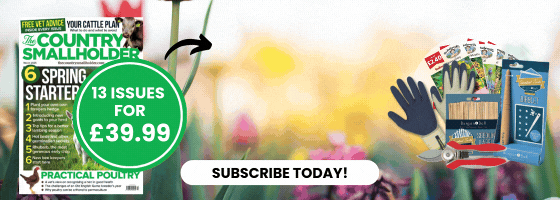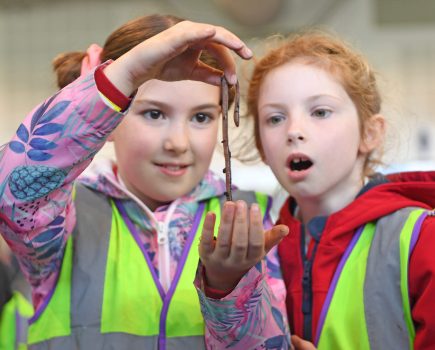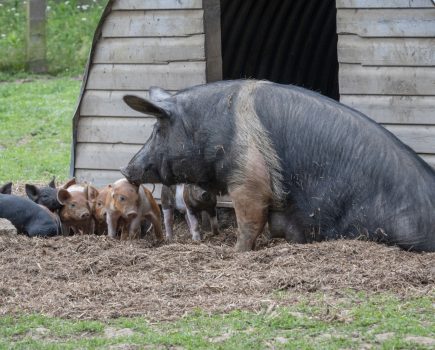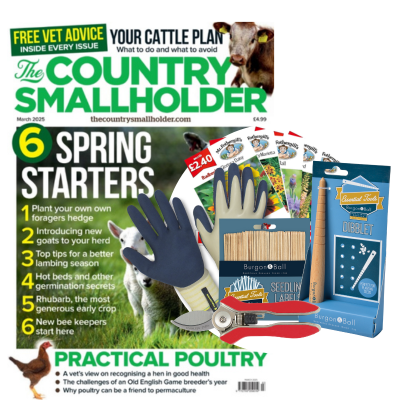Christopher Price, Rare Breeds Survival Trust Chief Executive, highlights the benefits of registering your rare breed animals and poultry.
RBST works with individual rare breed keepers, breed societies and other partners, on strategies both for the continued strengthening of the UK’s rare livestock and equine breeds which are in improving situations, and also for additional support for the native breeds which are showing concerning declines.
A fundamental success factor for any rare breed conservation activity is the registration of stock by the animals’ owners. For individuals passionate about their rare breeds, for action co-ordinated by a breed society or regional RBST network, or for national-level conservation programmes – native breed livestock and equine animal registrations are crucial.
When an animal is registered with the relevant breed society or other approved registration authority, the animals are recorded in the relevant flockbook, herd book or stud book and some receive certificates. While there can be a moderate cost associated with registering animals with the relevant breed society, the benefits for the breed and for the owner are more than worth it.
REGISTRATION CAN HELP PROTECT IN DISEASE OUTBREAKS
One particularly important value of registration for both the owner and the breed as a whole, is that registered pedigree animals are in the best position to qualify for protection should a cull be activated in the face of future notifiable disease outbreaks. The possibility of another widespread livestock cull has been a constant concern since Foot and Mouth Disease. The picture has become increasingly worrying over recent years with outbreaks of Avian Influenza and Bluetongue across the UK, and with reports earlier this year of Foot and Mouth Disease in Germany for the first time since 1988.
In a future scenario where a cull is activated, government will consider sparing the breeds listed on its UK Breeds At Risk list to preserve their genetic resource. Decisions to spare are made on a case-by-case basis but government will liaise with breed societies and require an up-to-date list of breeders with registered pedigree stock.
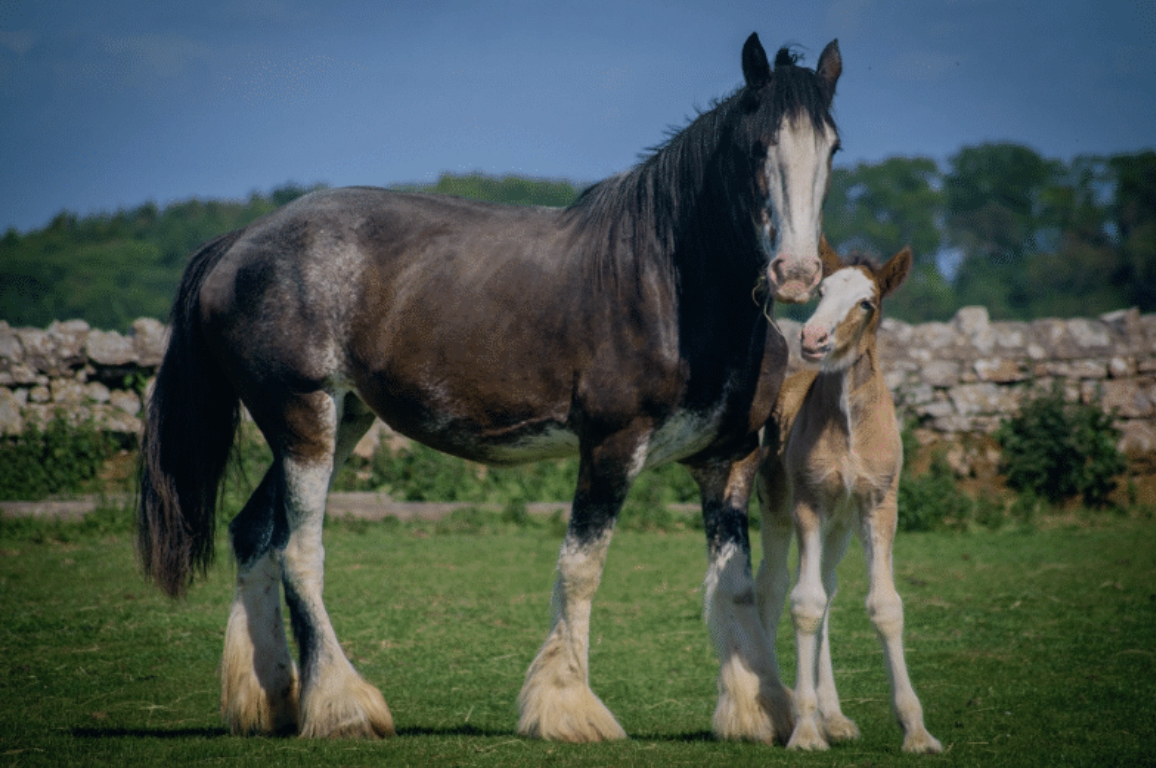
Clydesdale mare & foal, PICTURE CREDIT: HAY FARM HEAVY HORSE CENTRE
REGISTRATION IS NECESSARY TO QUALIFY FOR CERTAIN SCHEMES
In terms of payments under the new Environmental Land Management scheme, registration is essential to access the four new native breeds actions as they are only available in respect of pedigree registered animals of the breeds on the government’s Native Breed At Risk list.The ability to demonstrate the animal as a genuine pedigree thanks to registration can also unlock commercial opportunities for a farmer or smallholder, such as demonstrating the quality of breeding stock, and the ability to market products as genuine native breed produce.
REGISTRATION GIVES INFORMATION ON THE FUTURE OF THAT BREED
The importance of registering individual animals for the breed as a whole is very significant. Registrations have a primary role in the understanding, tracking and analysis of each rare breed’s situation and state of improvement, stability or decline. Registrations enable RBST and breed societies to determine an accurate picture for breed numbers and geographic distribution, and this analysis informs our conservation programmes, UK Gene Bank decisions and categorisations on the RBST Watchlist.
Breeding programmes rely on registered animals to help support a breed’s population size and genetic diversity. Progeny of unregistered animals cannot be registered, so one missed registration can interrupt a bloodline that has survived for generations. Accurate data also strengthens RBST’s messages to politicians in making the case for policies and programs that support native breeds and their keepers.
Assessing data for our native poultry breeds is particularly challenging currently, as populations can be very small and registration rates for some breeds are sadly low. There is no cost for poultry keepers to notify RBST, the Poultry Club of Great Britain or the relevant breed society of the native poultry you keep, and doing so makes a very significant contribution to the work to secure these threatened breeds’ future.
BE THE PERSON WHO MAKES A DIFFERENCE
Thousands of smallholders and farmers are making an enormous difference to these breeds’ futures, both in choosing to keep and breed rare native livestock or equines but also by registering each year’s new pedigree births. In doing so, they are not only joining a network that values their efforts but also ensuring the crucial work of their farm or smallholding is contributing to the collaborative rare breed survival effort. Together, we can secure a thriving future for these fantastic, irreplaceable livestock and equine breeds.
REGISTER YOUR ANIMALS
You can register your animals via channels including:
- RBST’s Combined Flock Book
- Grassroots
- Cloud-Lines
- The Poultry Club
- Paper applications can also be sent directly to the relevant breed society.
Visit the Rare Breeds Survival Trust for more information, and to sign up to the Trust’s newsletter.
More content like this can be found in The Country Smallholder magazine. Subscribe here.
For FREE updates from the world of smallholding, sign up for The Country Smallholder newsletter here.



